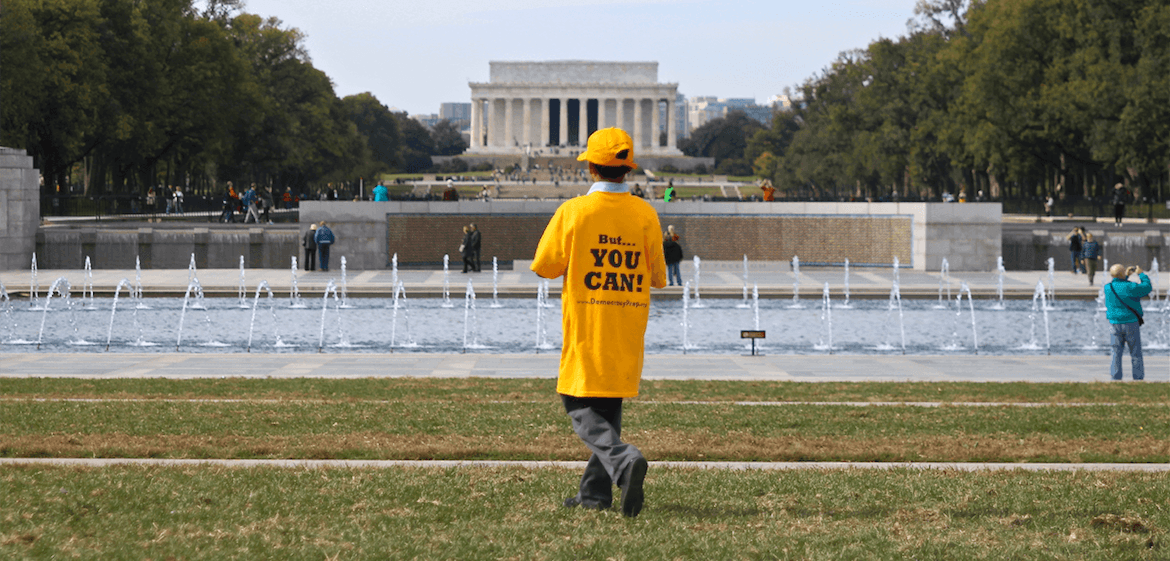Although the study of civics has historically played an important role in public education, the proliferance of public charter schools raises new questions about how independently-determined curricula affects civic engagement. Recently a team from Mathematica Policy Research including Biostats alumna and Senior Statistician Mariel Finucane PhD ’11 set out to answer that question, focusing on a particular network of charter schools known as Democracy Prep, whose mission is to prepare students for a life of active citizenship through focused curricular and experiential activities.
Using the random admissions lottery to identify participants in the experiment, the team examined the causal impact of Democracy Prep on voter registration and participation. The results showed that while the impacts on parent’s behavior was not significant, in contrast there was a large positive effect on students, who increased their voter registration rates by about 16 percentage points and voting rates by about 12 percentage points. These findings were bolstered by a Bayesian analysis which found a 98 percent probability that enrolling in Democracy Prep increased voter registration along with voting in the 2016 election. While not all charter schools are alike, the study provided a useful test case to show that schools like Democracy Prep that focus strongly on civics education can help in the long run to successfully prepare students to become more engaged citizens.




